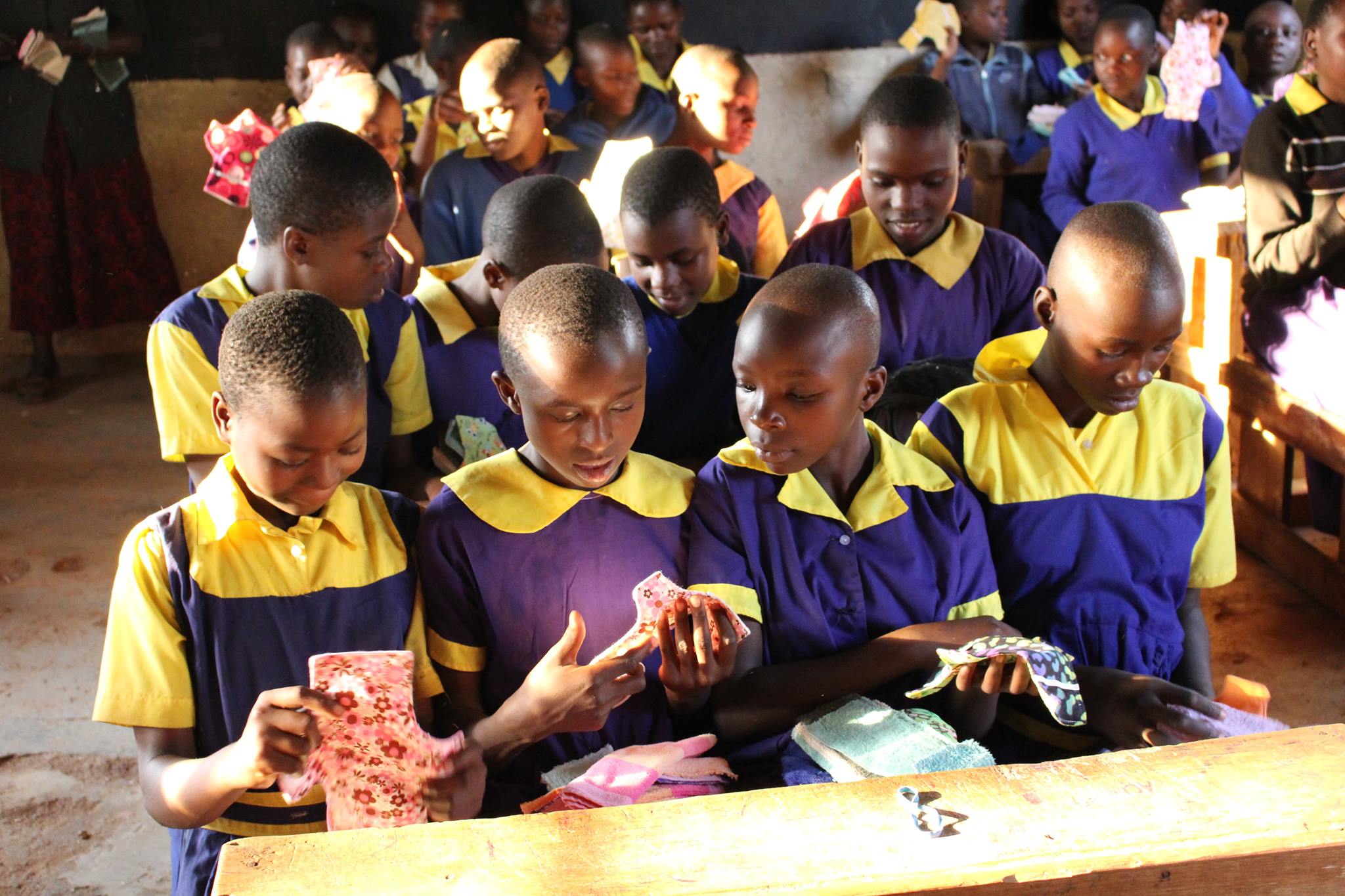
THE ISSUE
Around the world, women & girls are dealing with period poverty as they lack access to affordable menstrual products, adequate washing facilities, and menstrual health education.
OUR MISSION
The Pad Project distributes free, reusable sanitary pads so that girls can attend school regularly and finish their education. An educated girl/ woman has more control over their future, and is able to choose the career they want, avoid an early marriage, and become financially independent.
Fundraisers

Free Reusable Sanitary Pads For School Girls In Africa
Every year thousands of girls in developing countries struggle to manage their periods through not being able to afford sanitary pads. Many are forced to use rags or newspaper each month, and stay at home and miss 3-5 days of school. Alternatively they may be pressured into sex with men in exchange for disposable sanitary pads increasing the risk of teenage pregnancies, sexually transmitted diseases, and HIV/AIDs. Missed school days often lead to girls falling behind in their education. These students all too often drop out of school and risk being placed in an early marriage by their families. Too Little Children's Pad Project volunteers sew washable, waterproof reusable sanitary pads kits in the USA. The aim is to reduce drop out cases amongst girls, leading to improved performance at school. Educated women are more often able to choose their own careers, avoid early pregnancies and become financially independent. It is estimated that providing reusable sanitary pads along with better menstrual health education for girls, boys, and the wider community there is likely to have an important direct impact on the economic status of up to 10 households. Research at The Kenyan Industrial Research Institute revealed that only 5% of the respondents were unable to attend school during their periods solely because of pain/ cramps. This was compared to an average 27% of school absenteeism where girls did not have access to reusable sanitary pads.
- Raised
- $0
- Goal
- $2,500
